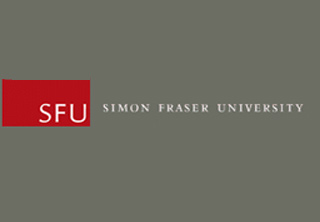
The researchers examined almost 99 patients suffering from colon cancer and found that the microorganism namely Fusobacterium is apparently hundred times more incident in tumors than other tissues.
Rob Holt, an SFU associate professor of molecular biology and biochemistry, a B.C. Cancer Agency scientist and a senior author of one of the reports, cited, “We were surprised by this result. Although Fusobacterium is a known infectious agent, it is rarely in the contents of a normal gut and until now hasn’t been associated with cancer.â€
The team is yet not sure if the aforesaid bacterium is the contributing factor or whether it precedes colon tumors. Holt added that if Fusobacterium causes this cancer, then mechanisms involved in the process need to be analyzed. Such correlations between infectious agents and other cancers ought to be unfolded too.
Also, if Fusobacterium is found to play a role in colon cancer, then it will be the target of antibiotics and vaccines that will pave the path to cancer treatment and prohibition.
Initially gastric cancers had been associated with inflammation due to the microbe H.pylori. The investigators believe that patients with irritable bowel syndrome could have higher rates of colorectal cancer. Nearly 15% of cancers are supposedly caused by pathogens.
Holt concludes that some species of bacterium existing in the gut could be responsible for colorectal cancer. The research is published in the journal, Genome Research.
